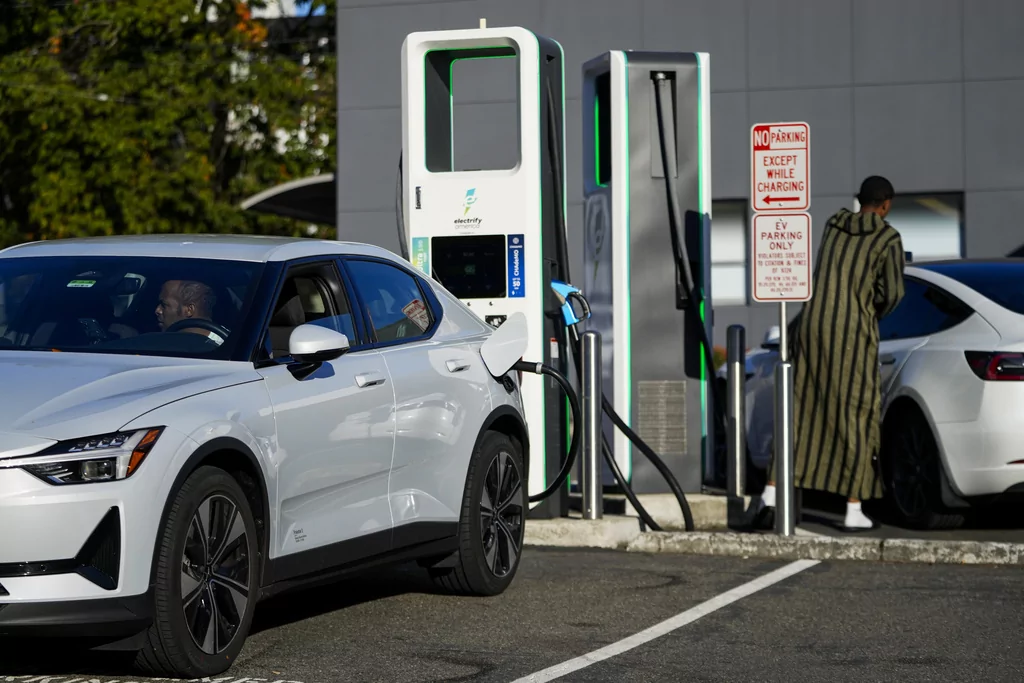

(The Center Square) – Starting Jan. 1, the electric vehicle tax credit in Colorado will drop from $5,000 to $3,500.
The Colorado EV tax credit will continue to drop incrementally over the next few years, officially ending on Jan. 1, 2029.
In the meantime, the credits are part of a broader plan to “accelerate the adoption of all types of electric vehicles in Colorado.”
While the majority of the incentives in the state are currently targeted at smaller or light-duty electric vehicles, the state has expanded to also offering them to medium or heavy-duty trucks.
The same legislation which expanded the above credits, also approved an additional tax credit of $2,500 for eligible vehicles costing less than $35,000.
When stacked on top of federal tax incentive programs for electric vehicles, Coloradans could still receive more than $10,000 in tax credits when purchasing an electric vehicle, even with the drop in 2025.
Democrat Gov. Jared Polis has applauded these programs, pointing to them as playing an influential role in leading to more electric vehicle sales.
“Coloradans are purchasing electric vehicles at a higher rate than any other state because they are affordable, quiet, and a great ride. EVs are helping us reach our bold climate goals and protect our clean air,” Polis posted on social media. “This new data shows that demand for EVs continues to increase and especially with competitive state and federal rebates, drastically cutting the cost of an EV and saving people money.”
Longterm, the state hopes that light-duty electric vehicles will make up “nearly 100%” of the market share by 2050.
“The state envisions the large-scale transition of Colorado’s transportation system to zero emission vehicles,” said Colorado’s 2023 Electric Vehicle Plan.
This includes 940,000 electric vehicles on Colorado roads by 2030.
“By doing so, Colorado could see significant environmental benefits that include emissions reductions from transportation, the largest source of greenhouse gas emissions (GHG) in the state,” the state argues.
While the state says the ability to meet that goal has “never been better,” it currently only has 101,000 electric vehicles registered in the state. To meet the 2030 goal, the state would have to average 168,000 additional electric vehicles per year.
Still, Colorado ranks as one of the top states in the nation for EV sales, with 14.5% of the new vehicle registrations being electric.






